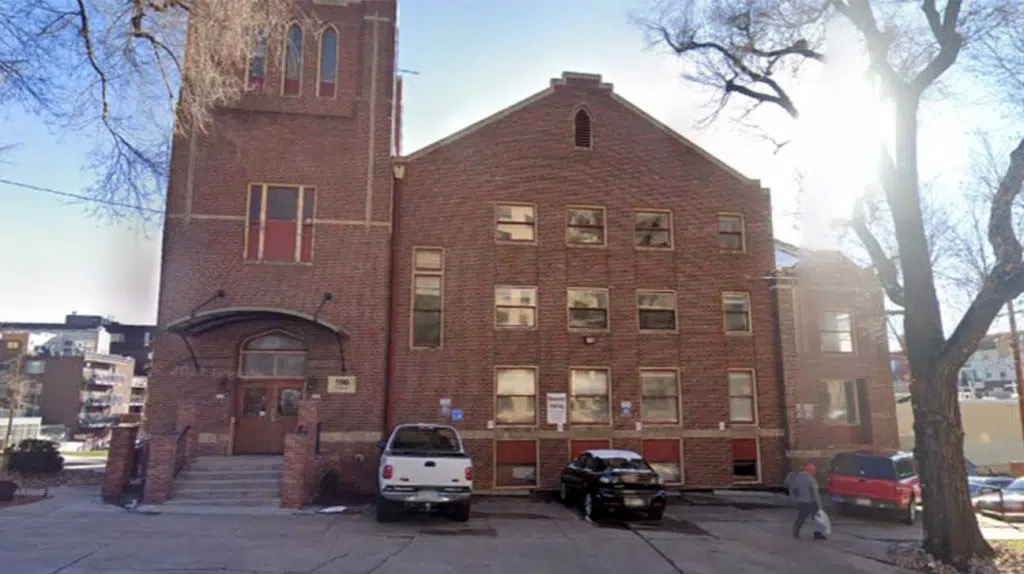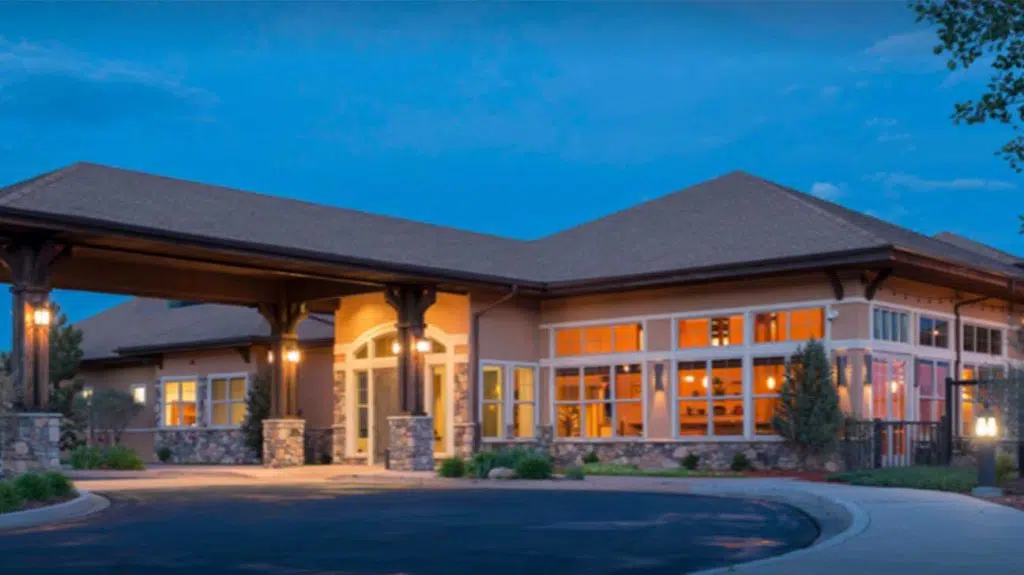
LGBTQ+ people are 20 to 30 percent more likely to abuse drugs and alcohol than their heterosexual counterparts.
Luckily in Colorado, there are several rehab centers that offer treatment for LGBT individuals and their unique needs.
Treatment options at a LGBTQ-friendly facility may include medication-assisted treatment (MAT), detoxification, trauma-related counseling, and more.
List Of LGBTQ Drug And Alcohol Rehab Centers In Colorado
Our team has compiled the following list of LGBT-friendly rehab centers in Colorado. They were chosen based on their accreditation status, Google reviews, and other marks of quality.
1. Acacia Counseling, Denver, Colorado
Acacia Counseling is a LGBTQ-friendly addiction recovery center in Denver, CO that provides treatment services such as medical detox, MAT, outpatient treatment, and counseling services.
This treatment facility is backed by licensure from the state of Colorado and a 4-star rating on Google.
Location and contact information:
190 E. 9th Ave.
Ste. 150
Denver CO, 80203
(303) 861-9378
2. AspenRidge Recovery Center, Colorado Springs, Colorado
This rehab facility in Colorado Springs, CO treats LGBTQ people with substance use and mental health disorders. Services include intensive outpatient programs (IOP) and partial hospitalization programs (PHP).
Marks of quality include:
- National Association of Addiction Treatment Providers (NAATP) member
- Joint Commission accreditation
- a 4.6-star Google rating
In addition to substance use treatment, AspenRidge Recovery provides various LGBTQ-centric tools, such as a manual for those in recovery who are looking for a romantic partner.
Location and contact information:
1223 Lake Plaza Dr.
Unit C
Colorado Springs, CO 80906
(719) 627-2107
3. The Recovery Village, Palmer Lake, Colorado
The Recovery Village is a rehab facility that provides individually tailored treatment plans for LGBTQ people.
Treatment options may include:
- medically monitored detox
- inpatient treatment
- PHP
- IOP
- aftercare programs
This addiction treatment center is backed by accreditation from the Joint Commission, LegitScript certification, and NAATP membership.
Location and contact information:
443 S. Hwy 105
Palmer Lake, CO 80133
(719) 602-0914
How Prevalent Is Substance Use In The LGBTQ+ Community?
In 2019, the National Survey on Drug Use and Health (NSDUH) found that over 2.6 million LGBT adults have a substance use disorder (SUD).
According to the same study, 50 percent of LGBTQIA+ adults with a SUD use illicit drugs, and over 64 percent use alcohol as their substance of choice.
Among drugs, marijuana is the most prominently abused substance, with nearly 44 percent of LGBTQ+ people admitting to marijuana abuse in the last year.
Factors That Influence Substance Use In The LGBTQ+ Community
There are numerous factors that contribute to the prevalence of substance abuse in the LGBTQ population.
Contributing factors may include:
- social stigma
- homophobia
- lack of affordable health care
- mental health issues such as bipolar disorder and depression
- homelessness
- domestic violence
- stress disorders and anxiety
- post-traumatic stress disorder (PTSD)
Risk factors may be exacerbated if a person has a genetic disposition to addiction, or lives in an environment where drugs and alcohol are abused.
What To Look For In A LGBTQ+ Drug Rehabilitation Program In Colorado
If you or a loved one identify as LGBTQ+, you may be wondering what to look for in an LGBTQ friendly addiction treatment program.
Effective treatment services for LGBT people may include:
- medication-assisted treatment (MAT)
- motivational interviewing
- medically monitored detoxification
- inpatient treatment
- dual diagnosis treatment for co-occurring disorders
- individual, group, and family therapy
- relapse prevention
- sexual orientation and gender identity counseling
- support groups for transgender individuals
- mental health treatment for young adults
- dialectical behavior therapy (DBT)
- aftercare services
FAQs For LGBTQ+ Rehab Facilities In Colorado
The frequently asked questions listed below may help you find a LGBTQ-friendly rehabilitation center that works for you.
Is There A Waiting List To Get Into A LGBTQ-Friendly Rehab Center?
Due to high demand, some facilities in Colorado may have a waiting list to get access to drug and alcohol treatment.
Are There LGBTQ+ Rehab Programs In Colorado For Teens?
Yes, many addiction treatment centers may offer recovery services for teens and adolescents.
Do Colorado LGBTQ+ Treatment Facilities Offer Gender-Specific Services?
Some rehab facilities in Colorado may offer men-only or women-only addiction recovery programs, but not all will.
You can contact the rehab center of your choice to learn more about gender-specific services.
Find A LGBTQ Substance Abuse Treatment Center Today
Call our helpline today for more information on LGBTQ-friendly rehab centers in Colorado. Our team can help you find a treatment provider and achieve long-term recovery.
Published on August 3, 2022
Addiction Resource aims to provide only the most current, accurate information in regards to addiction and addiction treatment, which means we only reference the most credible sources available.
These include peer-reviewed journals, government entities and academic institutions, and leaders in addiction healthcare and advocacy. Learn more about how we safeguard our content by viewing our editorial policy.
- National Institute on Drug Abuse (NIDA) — Substance use and SUDs in LGBTQ* Populations
https://nida.nih.gov/research-topics/substance-use-suds-in-lgbtq-populations - National Institute of Health (NIH) — The Relationship Between Discrimination and Substance use Disorders Among Lesbian, Gay, and Bisexual Adults in the United States
https://www.ncbi.nlm.nih.gov/pmc/articles/PMC2937001/ - Substance Abuse and Mental Health Services Administration (SAMHSA) — 2019 National Survey on Drug Use and Health: Lesbian, Gay, and Bisexual (LGB) Adults
https://www.samhsa.gov/data/sites/default/files/reports/rpt31104/2019NSDUH-LGB/LGB%202019%20NSDUH.pdf - Substance Abuse and Mental Health Services Administration (SAMHSA) — Find treatment
https://findtreatment.gov


